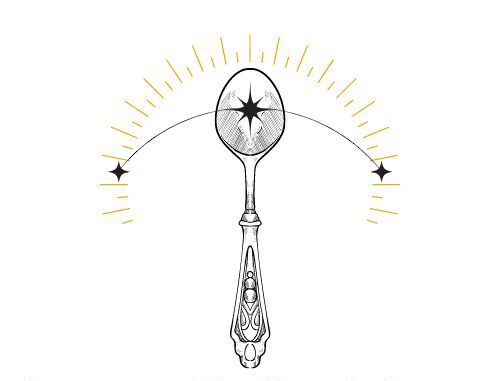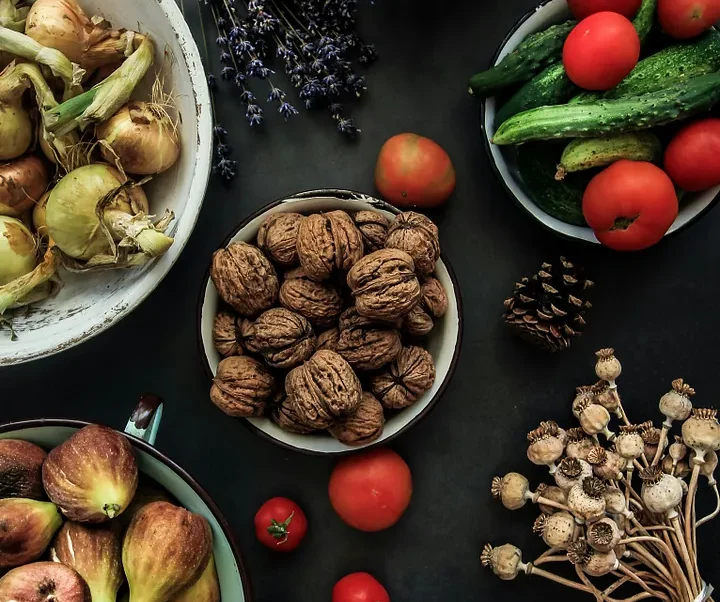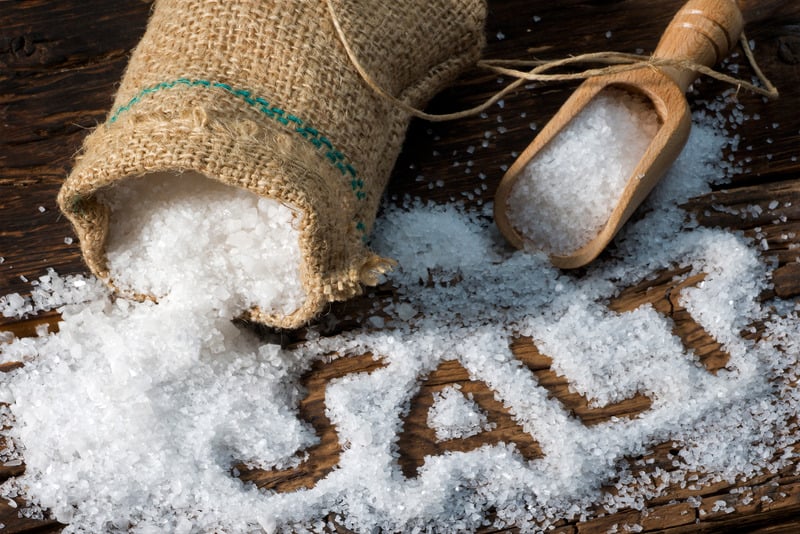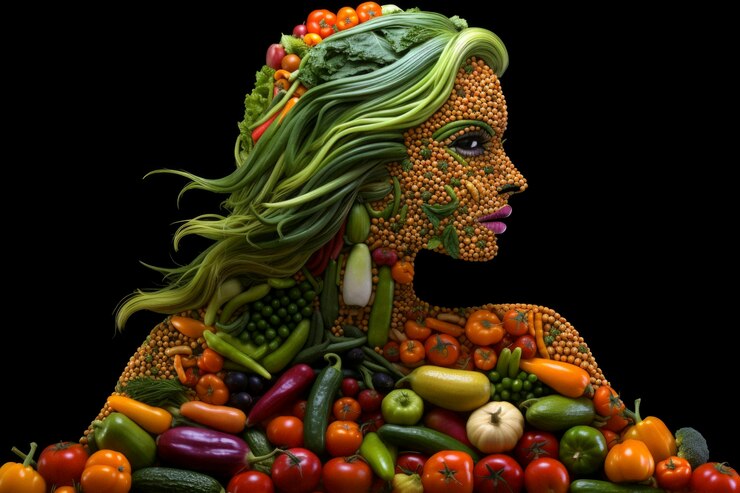
What are some of the wildest myths you’ve been told about food growing up? My sister and I were told the first one by our mother, which I always get a kick out of, and I can’t help but wonder how it applied to my brothers.
- Eating parsley makes your boobs grow big
- Carrots make you see in the dark
- Eating the crust of a sandwich will make your hair curl
- If you eat a watermelon seed, a watermelon will grow in your stomach
- If you eat spinach, you’ll develop big muscles just like Popeye
- Eating cheese late at night will give you nightmares
- It takes 7 years for gum or pepper to digest
Nutritional myths are like food rumors society has ingrained in us that multiply and morph as if you were playing a game of telephone.
Does herd mentality keep us pursuing socially enforced ideas and mystical, miraculous shortcuts?
Are advertising campaigns from large financially driven companies, social media, or maybe what someone told us at the gym the reasons why we find it so hard to follow a whole and balanced diet?
How Has Nutritional Health Advice Changed Over the Years?
Nutritional health has come a long way since its focus on issues like scurvy and rickets prevention.
Today, our biggest challenges are tackling problems such as diabetes, obesity, and heart disease.
The research paper Defining a Healthy Diet examined this, emphasizing whole foods, essential nutrients, and sustainable eating practices.
Despite this, people still chase fad diets and believe that wonder elixirs or magical vitamins are the secret answer.
Genetics, health problems, and metabolic rate are just a few of the many factors that make weight loss more challenging for some people. It’s not a one size fits all.
How did Early Research and Corporate Interests Shape Public Perception?
Company funding of early nutritional studies led to exaggerated claims that products were nutritious when, in fact, they were not. This then guided us down the obesity, diabetes, and heart disease ramp.
In our quest to become superhumans, what nutritional falsehoods have we been swallowing just because we’ve been told to?
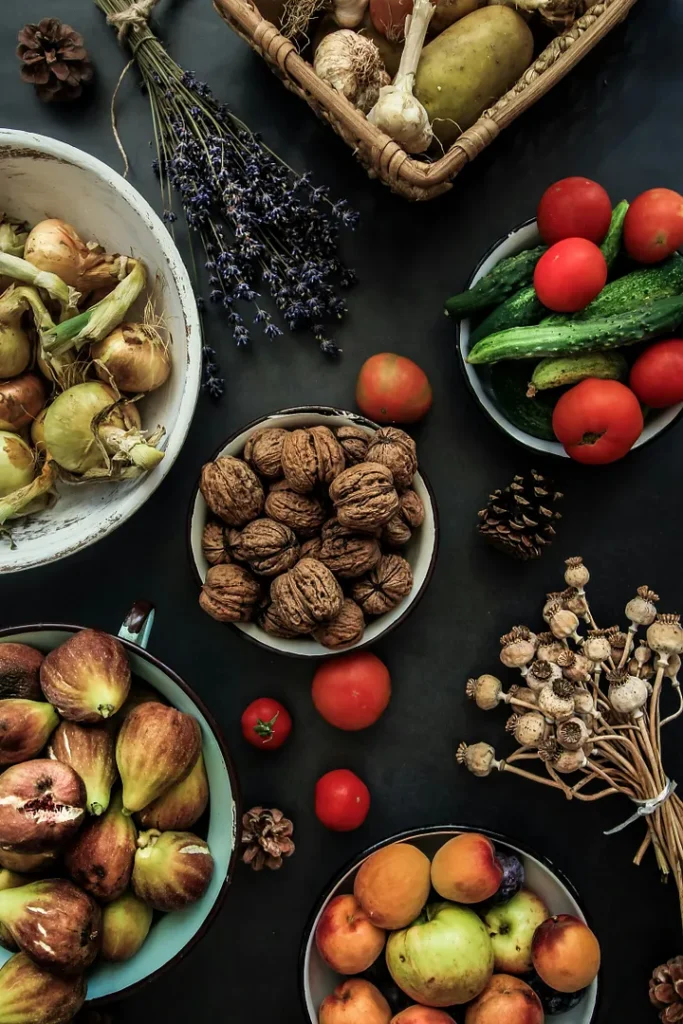
10 Common Nutritional Myths
Myth 1: All Fat is Bad for You
The idea that all fats are bad is not correct. The heart, the brain, and the absorption of vitamins are all helped by a diet that includes healthy fats.
The low-fat trend started in the 1970s, because of early studies connecting dietary fat with heart disease, leading to public health initiatives to decrease fat consumption.
Food industries took advantage of this by slapping a low-fat label on products and replacing the fat with sugar. This then led to obesity and other metabolic diseases.
Research highlighted the need to differentiate between good fats, such as unsaturated fats found in nuts, eggs, and fish, and harmful fats, like trans fats, and excessive saturated fats like deep-fried foods.
Myth 2: Carbs Are Bad and Make You Fat
Now, I hear you asking, “What are good and bad carbs?” and “What difference does it make to me?” So, let’s break it down. Let’s say there are two camps of carbs good and bad or simple and complex.
Bad carbohydrates are the ones that cause blood glucose to spike quickly and leave you feeling hungry sooner. Eating these guys in large quantities and adopting various other bad lifestyle choices, absolutely can make you fat. They are things like white bread, white rice, cereal, jam, soda, and fruit juice. To name a few of the extremely long list.
They increase inflammation and chronic disease and create an imbalance in our gut microbiome.
Other bad guys that mess with our bodies are hidden in refined foods like preservatives, emulsifiers, hidden sugars, stabilizers, and bread improvers that can lead to gastrointestinal issues and cause inflammation.
Good carbohydrates have a more complex structure, so take longer to digest and give us sustained energy.
They are a source of fiber and important vitamins and minerals, which means a slower release of glucose into the blood. For example, brown rice, whole grains, lentils, barley, vegetables, and quinoa. But again, there is a very long list.
Why Cutting Out Carbs Can Be Bad
Cutting carbs can have negative health effects as it depletes the body of an essential fuel source, interfering with serotonin production. And that could lead to lethargy, mood swings, anxiety, depression, brain fog, nutrient deficiencies, problems with sleep, constipation, bad breath, and weight gain.
Myth 3: Cholesterol in Food Raises Blood Cholesterol
A common misconception about cholesterol is that all cholesterol is bad. The body needs “good” cholesterol (HDL) to operate normally, while only excessive amounts of “bad” cholesterol (LDL) are detrimental.
For a long time, people have believed that consuming foods that contain cholesterol increases blood cholesterol levels and raises the risk of heart disease. This is not true.
Research debunking the link between dietary cholesterol and heart disease shows that it is more likely because of familial genetics, inflammation, or negative lifestyle choices like poor diet, smoking, obesity, and lack of exercise that are to blame.
Myth 4: Salt is Bad for You
The idea that salt is bad for you came about because of research done in the early 1900s erroneously linking salt to high blood pressure.
Without salt, we couldn’t move, and we couldn’t think, in fact, with no salt at all we can die.
Have we been blaming salt for what the sugar did? As written in ScienceDirect 2016, it seems that sugar has been the culprit that has been causing hypertension and inflammation.
Sodium, Is It The Villain Or Is It The Hero? Debunking the Myth: The Truth About Sodium and Your Health
Myth 5: Artificial Sweeteners are Better than Sugar
The not-so-sweet truth about sweeteners, at its core, is that they can lead to weight gain and obesity and research has linked it to a higher risk of diabetes and heart disease.
Myth 6: Breakfast is The Most Important Meal of the Day
Wasn’t everyone told this one? We all thought these were the wise words passed down over generations, but it came about from a Kellogg’s advertising slogan from 1917.
Well, it turns out that it is not. Intermittent fasting has gained popularity recently, which shows that skipping breakfast is a good option for a large proportion of the population.
This one also depends on the person. Some of us need early morning energy and some don’t.
With the world’s state of obesity, humans are consuming far too much food, and not doing enough exercise.
Myth 7: You Must Drink 8 Glasses of Water per Day
This theory is not actually based on science. It’s too much for some people and too little for others.
Drinking too much water gives your kidneys extra work, diluting the sodium content in your blood. This is called hyponatremia, and it can be life-threatening.
Drinking too little water can lead to dehydration and can also be life-threatening.
The key is to pay attention to how you feel and do what works best for you.
Myth 8: Detox Diets Cleanse Your Body
As written in MedicalNewsToday, your body is well-equipped to eliminate harmful substances without dietary interference or supplementation.
A diet that claims to “cleanse” your liver or whatever else it thinks needs washing out is not something you want to follow, especially if they are selling some wonder supplement.
No authority regulates detox diet supplements and so-called snake oil sales, and you should absolutely worry about their true contents.
Your greatest shot at reaching a fit state of health is to stick to eating healthier and improving your lifestyle rather than going on a potentially dangerous cleanse.
Myth 9: Fruit Juices and Smoothies, Helpful or Harmful?
Making fruit juice or smoothies involves removing the majority of the fruit or vegetable’s fibre, making it easy to consume a lot of it quickly.
In other words, these drinks have a lot of sugar and other things to prolong their shelf life and no fibre to help balance the glucose spike.
Instead, eat the whole fruit, fibre, and all.
Myth 10: White potatoes are Unhealthy
Now, the reason potatoes got a bad rap is actually quite interesting.
Europeans didn’t eat potatoes until the 16th century because they believed potatoes to be poisonous and to cause leprosy. In fact, between 1748 and 1772, it was illegal to grow or eat potatoes in France.
This was probably because the plant (the bit above the ground) is inedible and can make you sick.
As written in healthline potatoes are a great complex carbohydrate high in vitamin C, B vitamins, various minerals, and fibre. They are a good inclusion in a balanced and healthy diet. They rate high on the satiety index, which means they keep you fuller and satisfied for longer after eating.
Could The Answer be Simpler Than We Think?
Well, yes. Eat foods in their most natural, whole, seasonal, and sustainable form.
Food that has something taken out of it, or something added to it, or promises to perform miracles is “no bueno.”
Eating slowly and deliberately together at the dinner table improves digestion and brings about all the good social benefits.
A healthy, well-rounded diet is like a steady, dependable partner — far better than short-lived, attention-grabbing fad diets and nutritional myths that leave you high and dry when you need them most.
